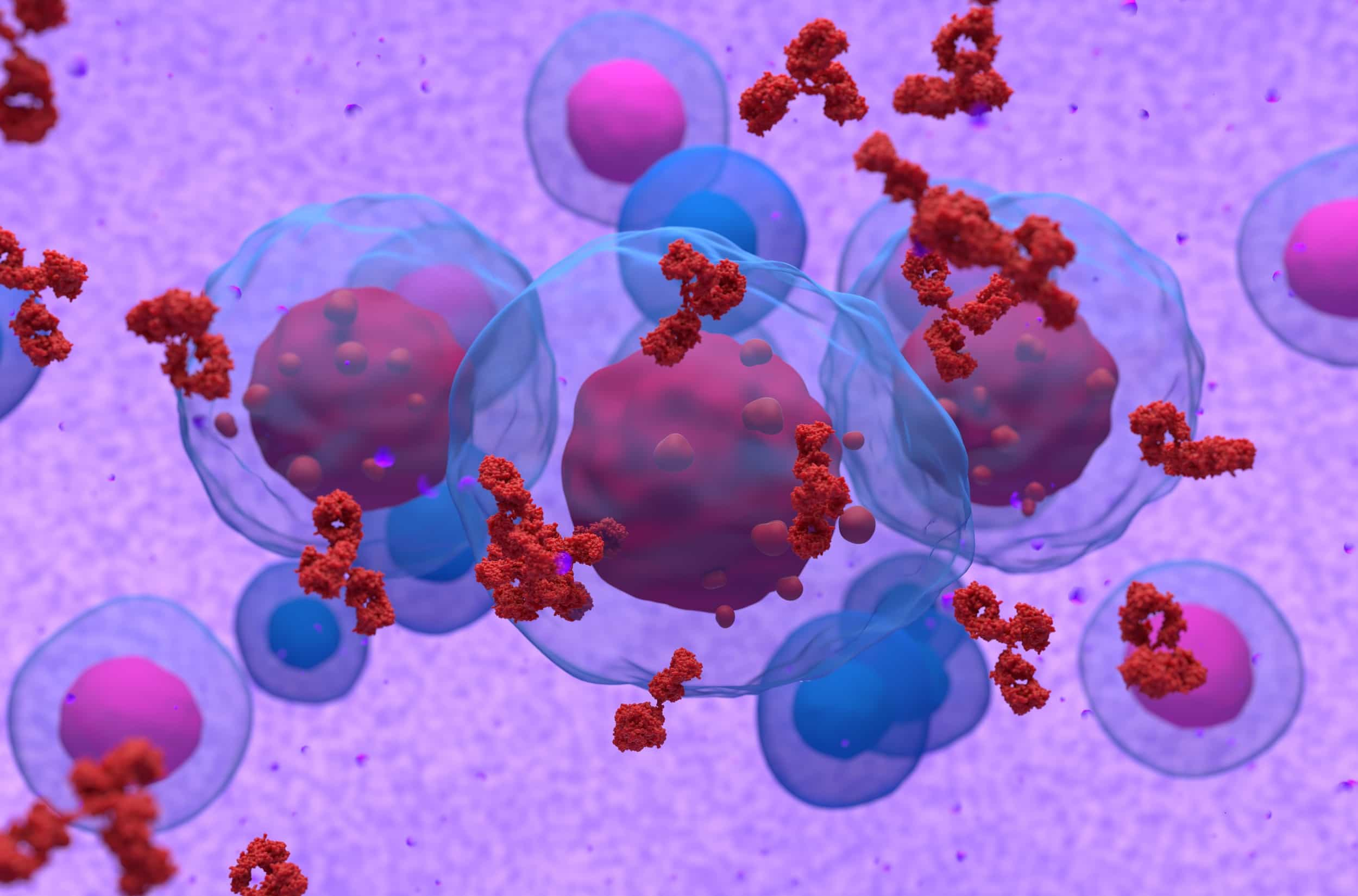08 November 2024 | Friday | News

Picture Courtesy | Public Domain
IASO Biotherapeutics ("IASO Bio"), a biopharmaceutical company dedicated to discovering, developing, manufacturing and commercializing innovative cell therapy and antibody products, announced that the results of the phase 1b/2 clinical study FUMANBA-1 of its fully human anti-BCMA CAR-T therapy, Equecabtagene Autoleucel (trade name: Fucaso™), for the treatment of relapsed/refractory multiple myeloma (R/RMM), have been published in the leading medical journal JAMA Oncology. The study evaluated the efficacy and safety of Equecabtagene Autoleucel in patients with R/RMM who had previously received ≥3 lines of prior therapies. The results demonstrated that Equecabtagene Autoleucel achieved a high overall response rate and durable remission in patients, with a favorable safety profile.
JAMA Oncology published clinical data on 103 patients who received infusion of Equecabtagene Autoleucel (Fucaso™) as of September 9, 2022, with a median follow-up of 13.8 months (range: 0.4-27.2 months). In terms of efficacy, among the 101 evaluable patients, the overall response rate (ORR) was 96.0% (97/101), and the stringent complete response/complete response rate (sCR/CR) was 74.3% (75/101). Among the 89 patients without prior CAR-T therapy, the ORR was 98.9% (88/89), and the sCR/CR rate was 78.7% (70/89). In these 101 patients, the median time to response was 16 days (range: 11-179), while the median duration of response (DOR) and median progression-free survival (PFS) had not been reached yet. The 12-month PFS rate was 78.8% (95% CI: 68.6-86.0). Additionally, 95% (96/101) of the patients achieved minimal residual disease (MRD) negativity, with a median time to MRD negativity of 15 days (range: 14-186). All patients with sCR/CR achieved MRD negativity, and the median duration of MRD negativity had not been reached.
In terms of safety, 93.2% (96/103) of the patients experienced cytokine release syndrome (CRS), most of which were grade 1 or 2, with only one patient experiencing grade 3 or higher CRS. Only 1.9% (2/103) of the patients developed immune effector cell-associated neurotoxicity syndrome (ICANS), with one case each of grade 1 and grade 2.
Notably, updated data from this study, as of December 31, 2022, was presented during the 2023 American Society of Hematology (ASH) Annual Meeting. The median follow-up had increased to 18.07 months, with an ORR of 96.1% among the 103 evaluable patients. The sCR/CR rate was 77.7%, and all patients who achieved CR or better exhibited 100% MRD negativity. Among the 91 patients without prior CAR-T therapy, the ORR reached 98.9%, with an sCR/CR rate of 82.4% and an MRD negativity rate of 97.8%. Notably, 81.7% of these patients remained MRD-negative at 12 months post-infusion, with a 12-month PFS rate was 85.5%. In addition, Equecabtagene Autoleucel could showed prolonged persistence in the body, at 12 months post-infusion, 50% of patients had a vector copy number (VCN) above the limit of detection, and 40% still had detectable VCN persistence at 24 months.
Professor Lu-gui Qiu, from the Institute of Hematology and Blood Diseases Hospital, Chinese Academy of Medical Sciences and Peking Union Medical College, stated: "The results of the FUMANBA-1 study demonstrate the encouraging efficacy and safety of Equecabtagene Autoleucel in treating patients with relapsed/refractory multiple myeloma. Its groundbreaking fully human scFv design overcomes the high immunogenicity issues commonly associated with animal-derived CAR-T cells while maintaining optimal affinity for BCMA-expressing tumor cells. Its excellent dissociation kinetics facilitates rapid expansion and long-term persistence of Equecabtagene Autoleucel in vivo."
Professor Huang He, from The First Affiliated Hospital, Zhejiang University School of Medicine, stated, "Equecabtagene Autoleucel (Fucaso™) was approved in China in June 2023. Over the past year since its launch, it has brought significant survival benefits to patients with relapsed/refractory multiple myeloma in China and from overseas. Meanwhile, we have accumulated valuable real-world experience, and we expect this innovative therapy to benefit more patients."
Professor Chunrui Li, from Tongji Hospital, Tongji Medical College, Huazhong University of Science & Technology, stated: "Equecabtagene Autoleucel is the world's first fully human CAR-T therapy to be approved. It's binding to BCMA, utilizing both heavy and light chains with optimal affinity, facilitates dissociation from BCMA antigen after tumor cell killing, thereby reducing CAR-T cell self-exhaustion. Along with lower immunogenicity, this leads to rapid, deep, and sustained remission in patients with multiple myeloma."
Dr. Jie Chen, Chief Medical Officer of IASO Bio, stated: "We are delighted that the phase 1b/2 clinical study data of Equecabtagene Autoleucel for the treatment of R/RMM has been published in JAMA Oncology. The results of this study, which targeted patients with R/RMM who had previously received ≥3 lines of prior therapies are very inspiring. We thank the FUMANBA-1 research team for their rigorous scientific approach and high-standard execution. Currently, IASO Bio is actively conducting and advancing the phase III clinical study (FUMANBA-3) of Equecabtagene Autoleucel for the treatment of multiple myeloma patients who have received 1-2 lines of prior therapies. We anticipate this clinical study, based on clinical data from Chinese patients, will yield positive results soon, bringing new treatment option for more patients."
© 2026 Biopharma Boardroom. All Rights Reserved.